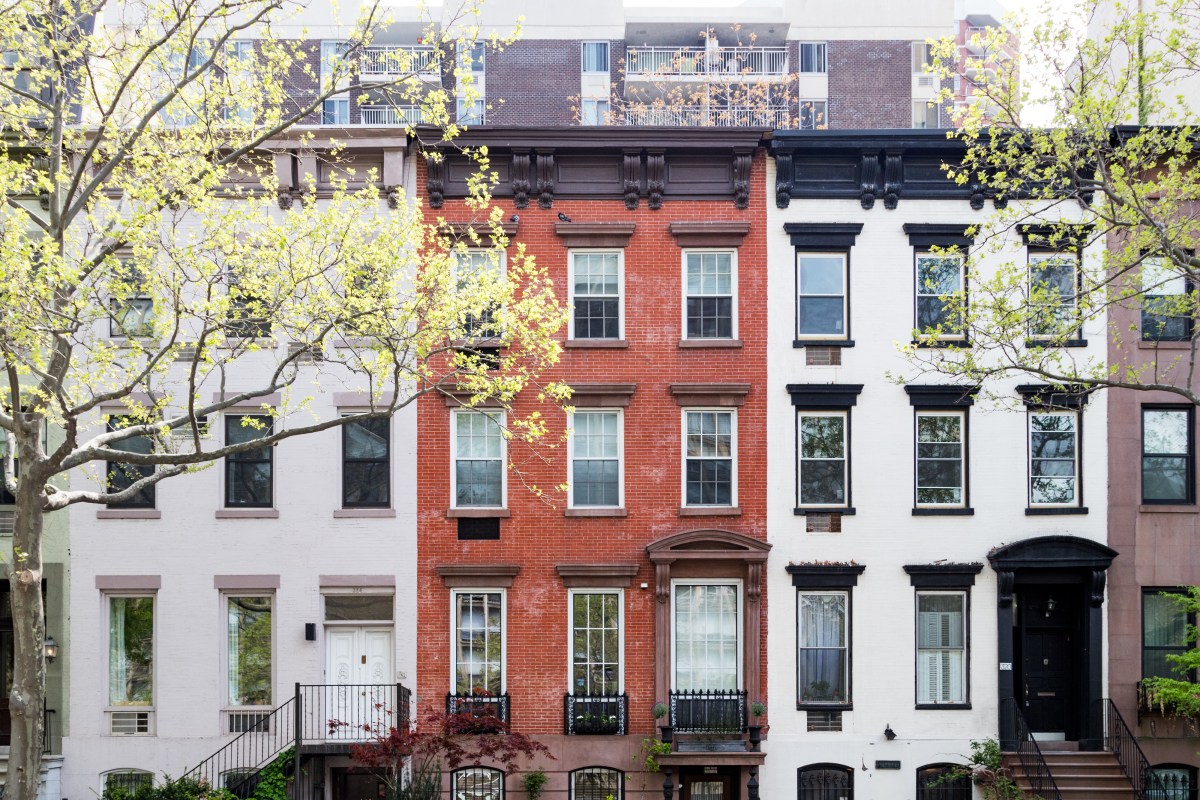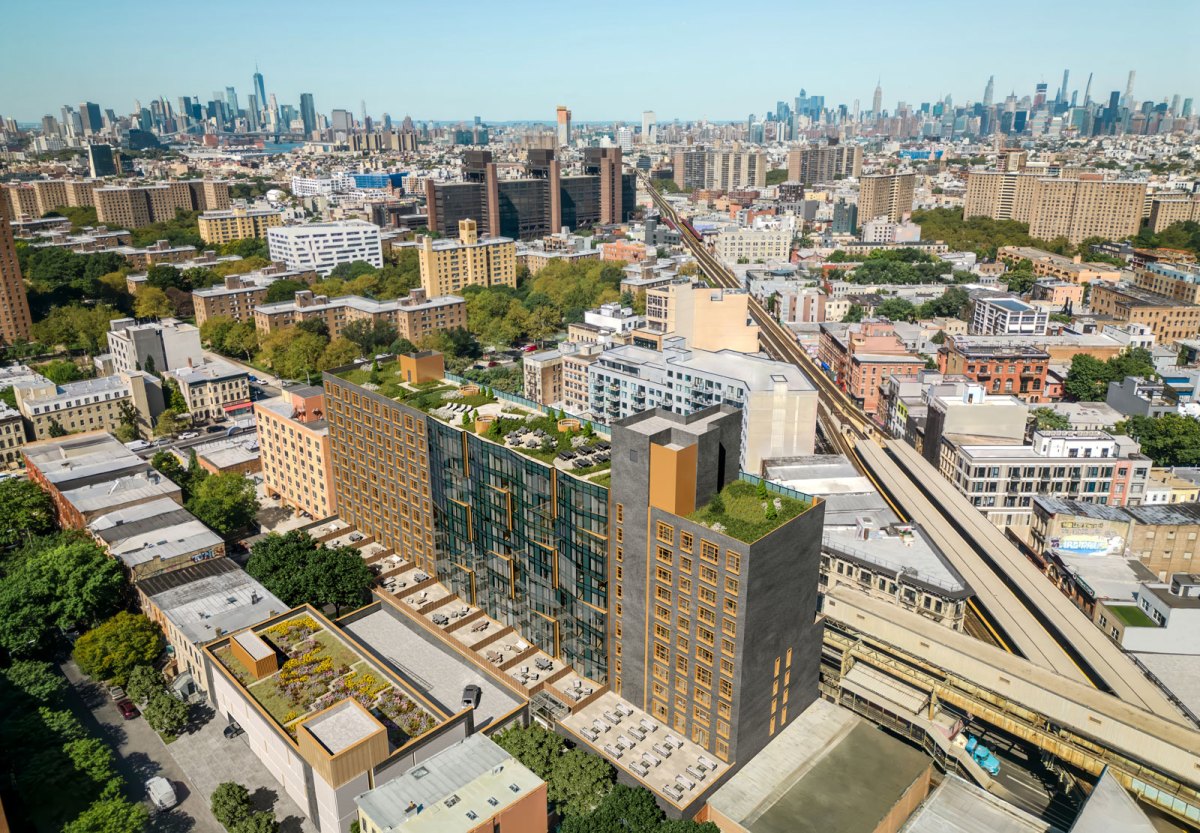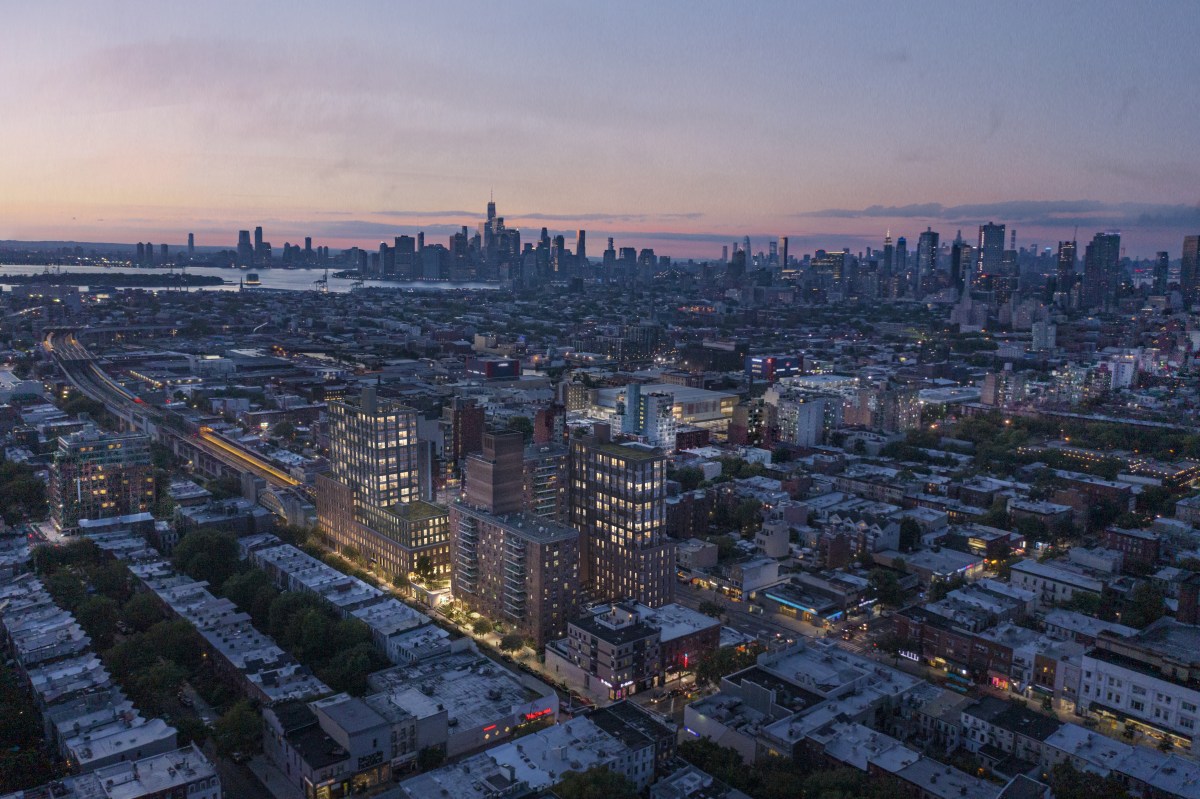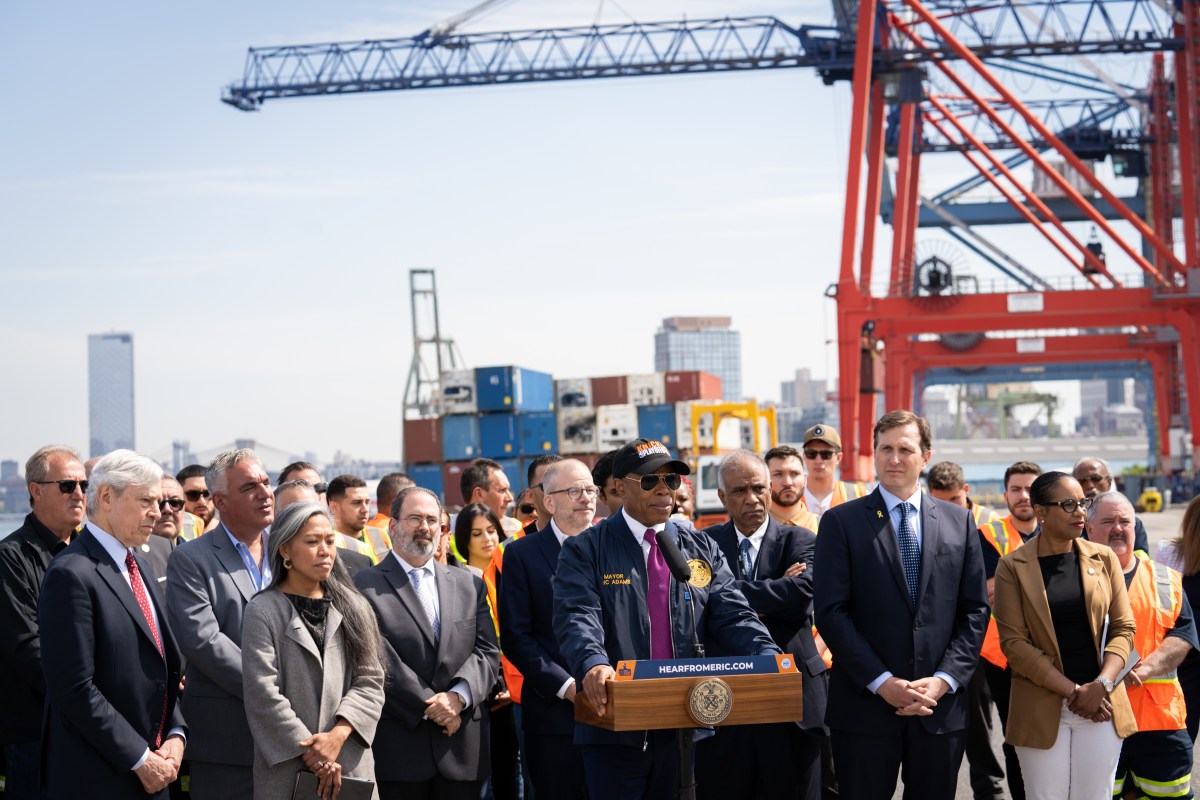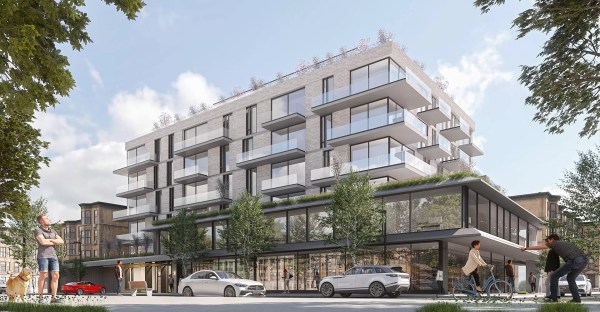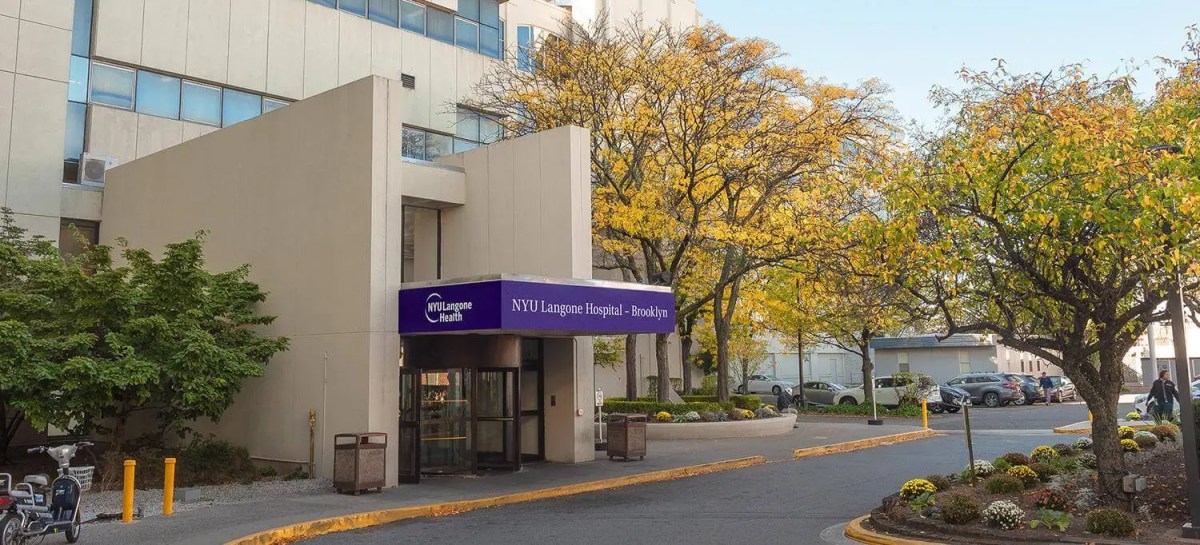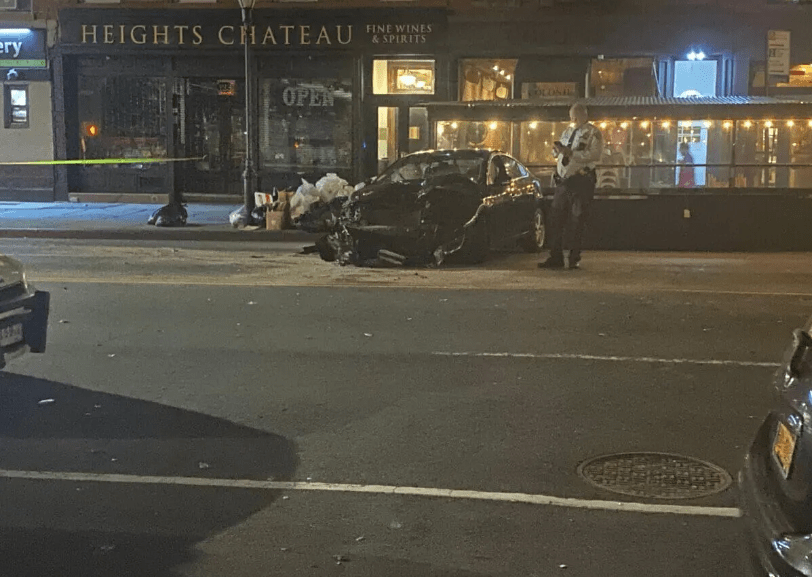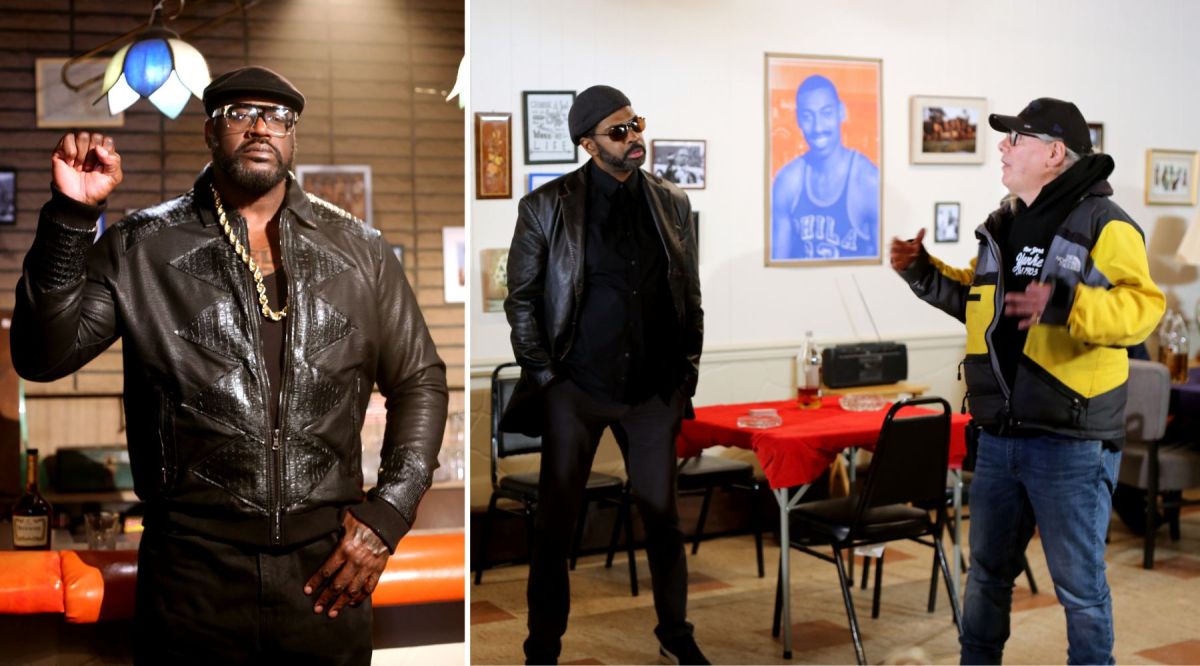Pride Month is a time of celebration, community, and hope. In New York City, where the LGBTQ+ rights movement took root from the 1969 Stonewall uprising, we pay homage to the activists whose work changed the world. In many cases, their experience of homelessness catalyzed their activism and continues to serve as a reminder of the dire need for safe, affordable housing for LGBTQ+ individuals, a need that has not been bridged more than half a century after Stonewall.
This is the reality that many LGBTQ+ individuals—especially youth—face today, despite the work of groundbreaking activists such as Marsha P. Johnson and Sylvia Rivera. Together, they established STAR House, which provided housing, food, clothing, emotional support and a sense of family to transgender youth of color. Through their own experiences with homelessness, Rivera and Johnson not only understood the need for such spaces, but also the complexities of the concepts of “home” and “family” for those facing rejection from their families of origin.
Despite the incredible advances the LGBTQ+ right movement has made since then, our community remains uniquely vulnerable to discrimination, violence, and homelessness. Adults who identify as a sexual minority are twice as likely to report experiencing homelessness at some point in their lives as compared to the general population. In the New York City shelter system, well-documented challenges around lack of privacy and safety are especially acute where the LGBTQ+ community is concerned.
While there have been efforts to prevent discrimination against transgender and gender non-conforming individuals in the New York City shelter system, they are still far more likely to remain unsheltered than their cisgender counterparts. Despite enjoying a right to shelter in New York City, transgender individuals are choosing to live in public spaces such as streets and subways rather than navigate a system where most shelters are divided by gender binary. On the national level, 63% of transgender adults and 80% of gender nonconforming adults experiencing homelessness went unsheltered, compared to 49% of cisgender adults experiencing homelessness.
A major contributing factor in this dynamic is that few shelters specialize in serving the LGBTQ+ community, and most that do exclusively serve homeless youth. This leaves few options for more than 70% of LGBTQ+ people experiencing homelessness who first become homeless as adults, as well as for the many young adults who age out of those youth shelters each year.
The sparse options for LGBTQ+ individuals experiencing homelessness is an urgent challenge, but there are models that illuminate the path forward. Volunteers of America-Greater New York’s Street to Home program, launched in 2022 in partnership with the City of New York, applies a “housing first” philosophy to place individuals experiencing unsheltered homelessness directly into permanent affordable housing, without mandating shelter stays as a precondition to housing subsidies or support services.
The breakdown of the program’s participants makes clear the impact the program could have on reducing homelessness amongst the LGBTQ+ population. 10% of participants in the Street to Home program identify as transgender—a figure in stark contrast to the .5% of individuals in shelter who identify as transgender. Transgender participants in the program have reported that they accepted the offer of housing through Street to Home due to the privacy and the enhanced feeling of safety they feel in their own apartment, but they would not have accepted an offer of traditional shelter.
The success of the Street to Home program in securing stable housing for LGBTQ+ people experiencing homelessness—especially trans-identifying individuals—underscores the need for New York to further explore and expand upon “housing first” solutions, including the rapid rehousing model that is being replicated with other populations uniquely concerned about safety.
This Pride Month, as we celebrate the progress made in the fight for LGBTQ+ rights, we must honor the legacies of changemakers like Sylvia Rivera and Marsha P. Johnson by fighting for intentional, trauma-informed, and safe housing options for members of the trans community. The defiance, strength, and courage of trans activists have long powered the movement for equal rights. Today’s activists can pay it forward by fulfilling the promise of STAR House and continuing the fight for housing justice and equality for our community members most deeply impacted by pervasive discrimination, violence, and homelessness.
Brasse is Chief of Staff at Volunteers of America-Greater New York



